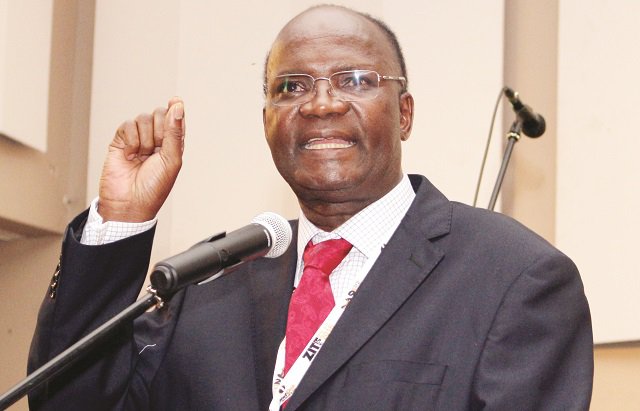President Robert Mugabe was ready to step down way back in 2003 to allow for a transitional government to run the country but hardliners within his party who included Information Minister Jonathan Moyo did not want any change and were prepared to scuttle any deal.
South Africa’s ambassador to Zimbabwe at the time, Jeremiah Ndou, told United States embassy officials that Mugabe had told United Nations secretary-general Kofi Annan that he was ready to leave office.
Ndou said the Zimbabwe African National Union-Patriotic Front and the Movement for Democratic Change had reached an agreement under which a transitional authority would run the country until new elections.
Presidential powers were to be sharply reduced and the MDC was to be represented in all important ministries.
The agreement was, however being threatened by internal differences within ZANU-PF over succession.
John Nkomo who was party chairman was a positive influence for dialogue but Jonathan Moyo opposed any change and sought to undermine any agreement reached.
Ndou, however, said ZANU-PF was so top-driven that no change in party leadership would occur without clear direction from Mugabe.
Thirteen years down the line, Mugabe is still in control and continues to steer the party which some claim is tottering on the brink of collapse. But ZANU-PF has proved to be more popular than Mugabe unlike the MDC where party leader Morgan Tsvangirai has over the past 17 years proved to bigger than the party.
Below are the Wikileaks cables that mention Moyo’s name:
Continued next page
(313 VIEWS)







0 Comments